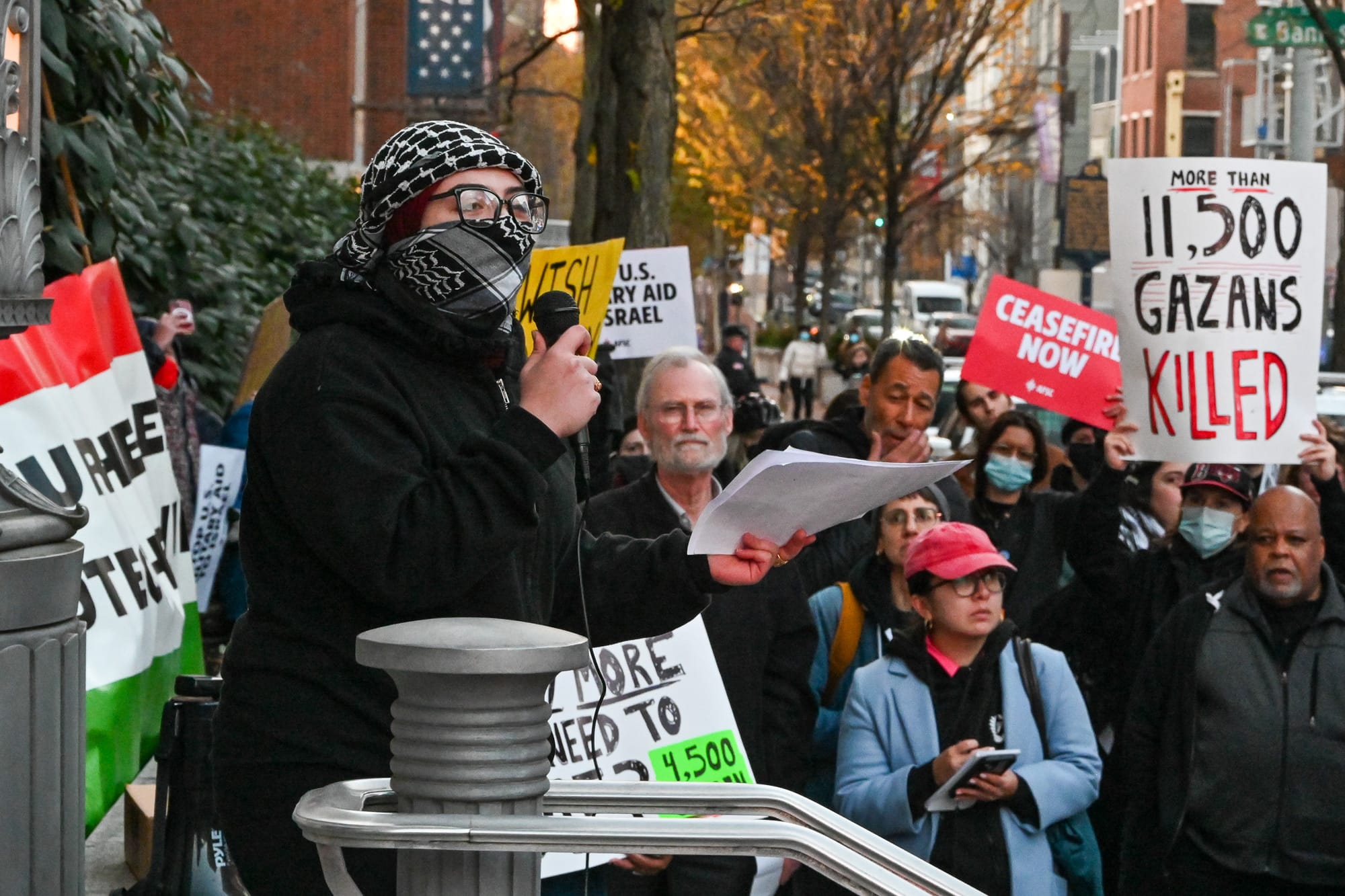I’m Isaac Saul, and this is Tangle: an independent, nonpartisan, subscriber-supported politics newsletter that summarizes the best arguments from across the political spectrum on the news of the day — then “my take.”
Are you new here? Get free emails to your inbox daily. Would you rather listen? You can find our podcast here.
Am I wrong?
Over the last few months, I have repeatedly made the case for a ceasefire in Gaza.
I've done this in a few different ways, but the one that got the most attention was my piece titled "The Zionist case for a ceasefire," in which I wrote candidly as someone who considers himself a Zionist and hopes to see the state of Israel persist.
During our coverage of this war, we've featured a number of pro-Palestine and Palestinian voices. Aside from one debate that went a little sideways, we have not done any interviews with explicit Zionists or pro-Israel thinkers. This has happened for two reasons:
First, because the people we've reached out to have not agreed to be interviewed. We've emailed more than a dozen experts who have supported Israel's incursion in Gaza, including specialists in various disciplines from historian Benny Morris to urban warfare expert John Spencer. None have booked a time to come on our podcast or be interviewed. I do not have a great explanation for this, except that these people are in very high demand right now, and my bar for who I’d bring on as an authoritative voice is just as high. A few days ago, I heard back from Israeli analyst Haviv Rettig Gur after several attempts to get him on the podcast, but we have not locked in a day to speak yet. Gur is one of the analysts I value most in this conflict, so I am looking forward to speaking with him.
Second, because I have prioritized bringing on voices that offer a more distinct perspective from my own. I am an American Jew who has lived in Israel, and I consider myself a Zionist. Now, many of my Zionist or pro-Israel readers consider me a "liberal Zionist," or allege I’m not a Zionist at all, but my opinions still come from that Zionist perspective. The term “liberal Zionist” is used derisively by both Zionists and anti-Zionists alike, and “liberal” is not used in the American political sense but refers to a specific ideology related to Israel.
The writer Zack Beauchamp has defined liberal Zionism as “the insistence that there is no necessary contradiction between Israel’s dual identity as a Jewish and democratic state: that Israel can be a national home and refuge for the Jewish people while also embodying universal democratic principles of human rights and equality. Threading this needle, for liberal Zionists, means Israel must adopt a more liberal set of policies — most importantly, a two-state peace agreement with the Palestinians that allows both peoples to live with security and dignity.”
I think that is a pretty good definition, and I concede that it does broadly represent my own views on this issue, though I don’t think it is an inherently contradictory belief. Regardless of the exact definition of that one term, I’ve felt — given the mission of Tangle, and my position as someone in the Zionist tent — that it is very important for me to check my bias by prioritizing pro-Palestine, Muslim, or anti-Zionist voices. So that's what I did.
As my calls for a ceasefire have persisted, and my attempts at bringing on some pro-Israel voices have failed, many readers have become frustrated that I haven't properly argued the case for Israel continuing its operation in Gaza. And, as we covered yesterday, the long-awaited operation in Rafah has now begun.
So today, I'm going to do something a little different: I'm going to write an entire piece making the case that I’m wrong. I’m going to share all the nagging doubts I have about my position, and all the best arguments to counter some of the points I’ve made in Tangle.
I’d also like to clarify something about this piece: Some of what I’m about to write I do actually believe, and some of it I don't. I’m not here to publish any misinformation or misleading facts; I simply want to properly represent the best logic against my own arguments. At this point in time, I still find the arguments I’ve already articulated (here, here, and here, to name a few) to be more compelling on the whole (although I reserve the right for my position to evolve).
Still, I think it is important to make the case for Israel’s continued war clearly, because I'm not sure I (along with many others in the media) have done a good enough job doing that over the last seven months.
